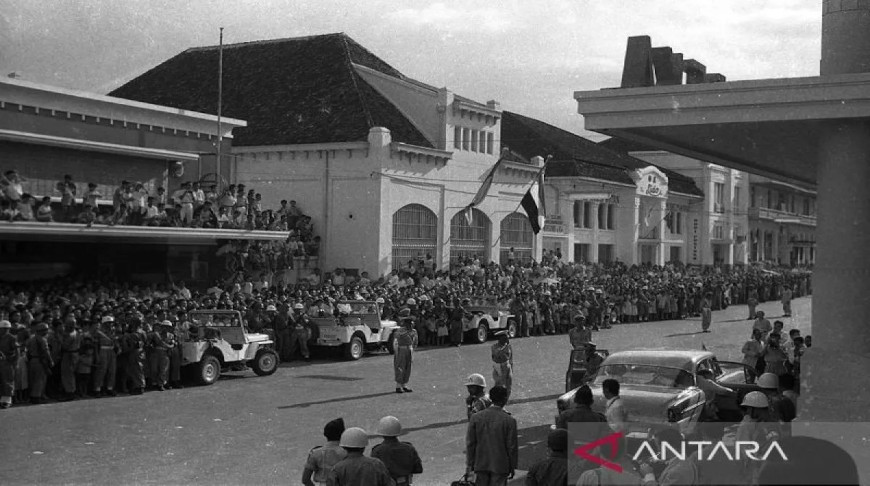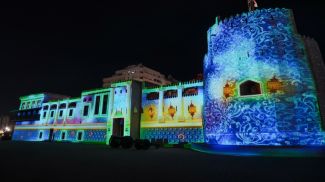
JAKARTA, 22 April (BelTA - ANTARA) - The Bandung Conference, also known
as the Asian-African Conference - a major initiative by newly independent
countries emerging from colonial rule - has now reached its 70th
anniversary.
Exactly 70 years ago, leaders from 29 Asian and African countries, despite facing domestic challenges and political complexities, gathered in Bandung from April 18–24, 1955, for the historic conference.
The initiative gave birth to the 10 points of struggle for world peace and cooperation known as the “Bandung Spirit,” the “Bandung Declaration,” or the “Ten Principles of Bandung” (Dasasila Bandung).
The conference inspired a global wave of resistance against foreign occupation and colonialism. As more independence movements succeeded, a growing number of nations declared sovereignty.
The United Nations (UN) saw its membership nearly double, from 76 sovereign states at the time of the Bandung Conference to 144 by the end of 1975.
This surge in new states reflected the Bandung Conference’s success in fostering global transformation and post-colonial solidarity.
Exactly 70 years ago, leaders from 29 Asian and African countries, despite facing domestic challenges and political complexities, gathered in Bandung from April 18–24, 1955, for the historic conference.
The initiative gave birth to the 10 points of struggle for world peace and cooperation known as the “Bandung Spirit,” the “Bandung Declaration,” or the “Ten Principles of Bandung” (Dasasila Bandung).
The conference inspired a global wave of resistance against foreign occupation and colonialism. As more independence movements succeeded, a growing number of nations declared sovereignty.
The United Nations (UN) saw its membership nearly double, from 76 sovereign states at the time of the Bandung Conference to 144 by the end of 1975.
This surge in new states reflected the Bandung Conference’s success in fostering global transformation and post-colonial solidarity.













